Cyber Security Essentials for non-IT employees | a true beginners course in Cyber Security
Gone are the days where the IT team in the back office of the building are solely responsible to be cyber safe and secure, it is also YOUR responsibility to understand how YOU are responsible for Cyber Security in the workplace, at home and anywhere.
Cybersecurity is the practice of protecting computer systems, networks, and digital information from unauthorised access, theft, damage or disruption. With the increasing reliance on technology and the internet for business operations and personal activity, cybersecurity has become a critical issue for individuals, organisations and governments around the world.
But how do you learn about cyber security if most cyber security courses on the market are designed/intended for participants with IT experience/background? Well, ALC are here to help! This CyberSec Essentials course has been designed specifically for the NON-IT people, there is no IT knowledge or pre-requisite to attend.
Reduce Cyber Security stress and complexity with this 1-Day CyberSec Essentials course.
 Cyber Security
Cyber Security 
